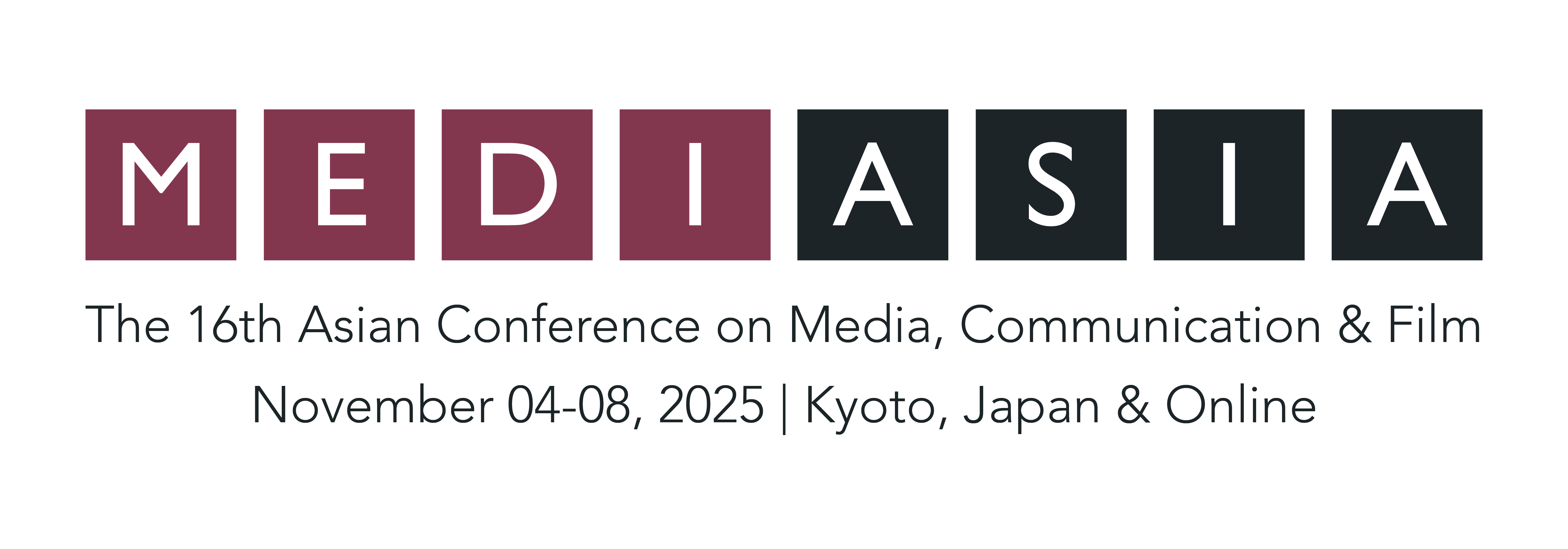The #MeToo movement had a global impact, helping highlight issues of gender inequality in various spheres of public and private life, and this impact also extended to Japan. There are many parallels between the Japanese film industry and Japanese politics when it comes to gender inequality. In Japan, only 10.1% of the House of Representatives is female despite the fact that the population is over 51% female, and there is currently only one female cabinet member.
Over the last twenty years in the Japanese film industry, only 3% of the films produced by the top four major Japanese film companies (Toho, Toei, Shochiku, and Kadokawa) were made by female directors, despite the fact that research conducted for this study revealed that the percentage of female students studying film at major universities and vocational schools has remained steady at about 40% over the same time period.
While the candidate gender equality law was passed in Japan last May in an effort to get political parties to equalise the number of male and female candidates in national and regional parliamentary elections, no such concerted efforts have been made to improve the situation in the film industry. This article reveals the multi-tiered approach to resolving the gender equity problem in the US film industry (from the selection of film festival committee members and film company executives, to wage equality and employment opportunities for actors and staff) and hypotheses how some of these ideas may be applied in Japan, in the entertainment industry and in politics.

